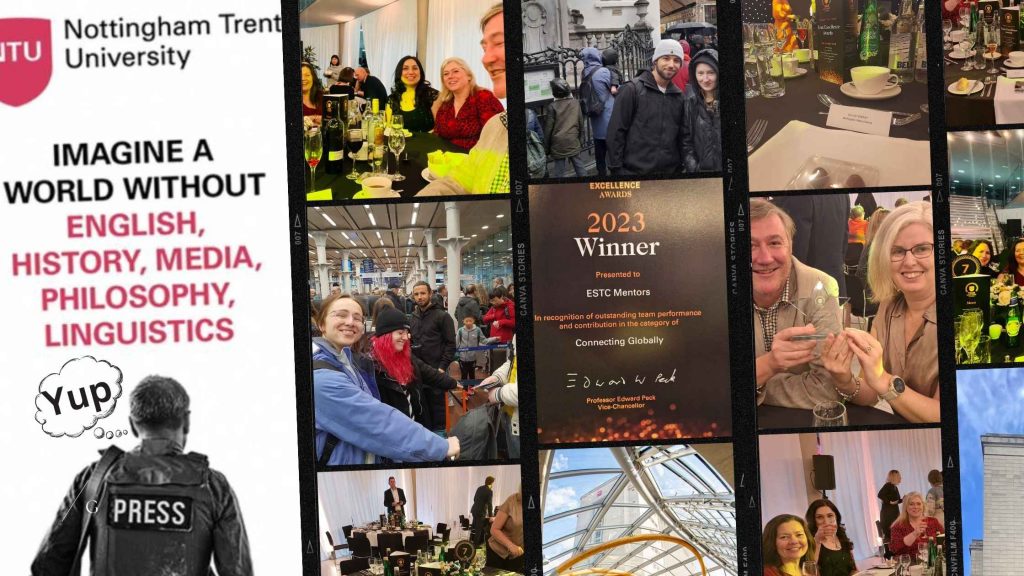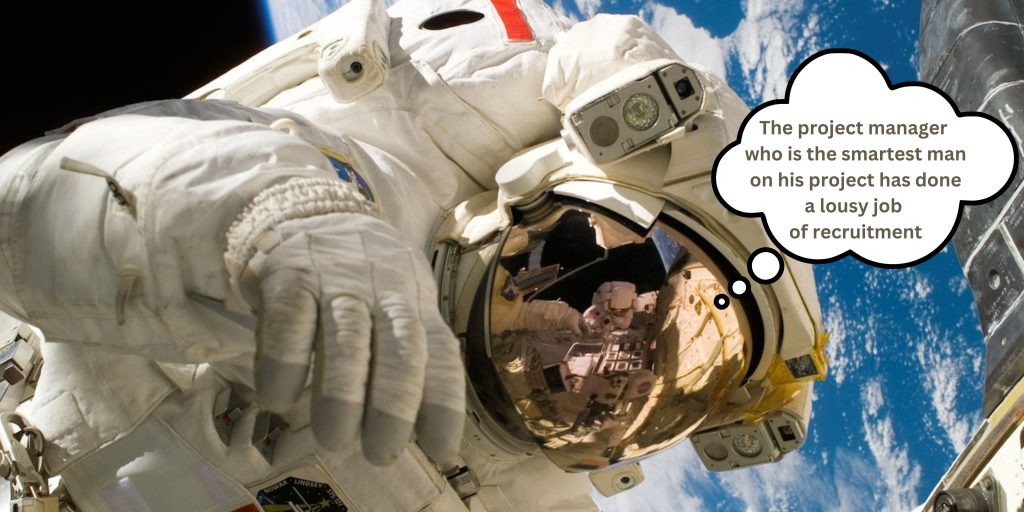
A few weeks ago, myself and (Dr Elaine Arici, Dr Lyn Adamson, Dr Kerry Lemon, Dr Sheri Scott, Magdalena Laurikova, Faye Martin and Peta Nicol received a Team Excellence – Global Connectivity Award for our project, the European Sustainable Towns Challenge (ESTC). This is an inquiry-based learning initiative focused on developing sustainability initiatives for local impact. 50+ students collaborated with academic mentors and local councillors from Ashfield, Bolsover, and Mansfield to enhance their communities through innovative green initiatives explored in Europe.
My group visited Lille, Ghent, Utrecht and Rotterdam as part of their research and devised a versatile Community Connection Hub that could be adapted to the needs of the community. Each day the hub transforms into a bespoke service, such as language classes for refugees or skill sharing for aspiring businesses and can function as a pop-up or a new build – depending on budget. Seeing students embrace the principles of the brief and then conceptualise a truly unique interpretation that reflects the economic situation of each council was truly inspiring for all involved. The best form of education is always the one where the tutor learns from the students rather than the other way around.
I’ll be heading off with a new group of students at the end of March. This time our brief is AI and Social Inclusion. I chose this subject because I feel very conflicted about AI. On one level, I see it as the complicit handing over of individuality and creativity – the very things that make us human – to technology. This attitude is born out of living through an epoch of immense social change which renders us aliens in our own lives. Therefore, best to look the beast in the eyes and see what it has to offer. Being proven wrong is one of the great pleasures of learning, so I’m hoping the latest batch of students will help me on this journey. Sadly, this may be my last trip with students as I’ve accepted voluntary redundancy from NTU and leave on 31 August, along with other colleagues in the humanities.

